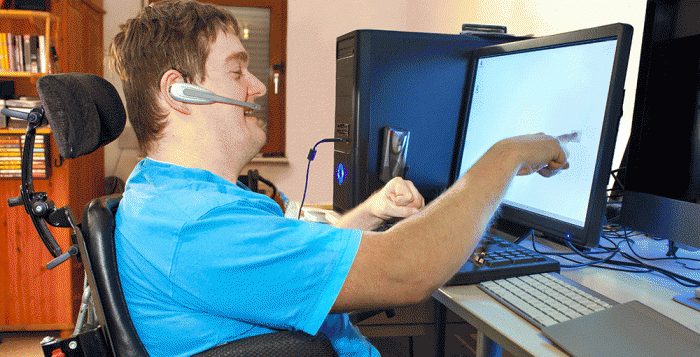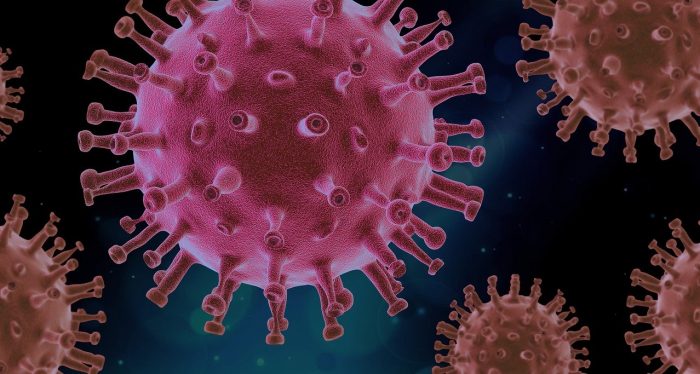Thanks to accessiBe, RCPA’s website is accessible to individuals with disabilities! Their accessibility tool is free to most nonprofits. It lets your end users tailor your websites for multiple different special needs, by selecting various settings for both accessibility and content. To see the options available, click or tap on the round accessibility widget in the bottom left corner of your screen!
ODP and OMHSAS Are Pleased to Announce The Latest Edition of the Positive Approaches Journal is Now Available!
A Better Understanding of Mental Health to Improve Systems and Supports
Articles in this issue of Positive Approaches focus on lived experiences and emerging treatments and supports for people with mental health challenges, including those with intellectual and developmental disabilities. Article topics include the training process and outcomes of Mental Health First Aid, a Pennsylvania Department of Human Services (DHS) and Allegheny County DHS pilot program to better address the complex needs of individuals with intellectual disabilities, autism, and/or acute behavioral health needs, and an interview with a person with lived experience discussing the gaps, challenges, and opportunities of supporting someone with an autism spectrum diagnosis and co-occurring mental health diagnoses. There are also articles detailing the transition process from an institutionalized setting to a community setting and the outcomes for individuals with autism and drawing on research and lived experience to conclude that mental health conditions in autistic people are a result of the society in which they live with autism, not autism itself.
This issue of Positive Approaches Journal is in digital form, available for viewing online, or available for downloading here. To print a copy of the PDF, online journal, or a specific article, you will find these options within your left navigation bar on any Positive Approaches Journal page. A new window will open with your selected document. In your browser, you may click the Print button in the top left corner of the page, or by using the Print capability within your browser.
Please submit feedback regarding your experience with the Positive Approaches Journal on MyODP by clicking on the feedback image on MyODP within your left navigation bar on any Positive Approaches Journal page.
The Positive Approaches Journal is published quarterly. For additional information, please contact ODP Training.
RCPA Member The Children’s Institute of Pittsburgh Adds Two New Members to Its Senior Leadership Team
DDAP Issues Bulletin on New Confidentiality Law

The Pennsylvania Department of Drug and Alcohol Programs (DDAP) today released Information Bulletin 02-22: Confidentiality of Substance Use Disorder Records.
Act 33 of 2022 took effect immediately when Gov. Wolf signed it on July 7, 2022. Act 33 makes significant changes to the confidentiality provisions for substance use disorder (SUD) treatment records under Pennsylvania law and DDAP’s enforcement of those provisions. Act 33 amends the definitions, 71 P.S. § 1690.102, and the confidentiality provisions, 71 P.S. § 1690.108, of Act 63 of 1972, the Pennsylvania Drug and Alcohol Abuse Control Act.
Read the Information Bulletin.
DHS Launches Web Page Detailing BH Commission for Adult Mental Health
The Pennsylvania Department of Human Services (DHS) has launched a web page detailing the Behavioral Health Commission for Adult Mental Health. Among other information, the page includes a list of the 24 commissioners, dates for upcoming commission meetings (which are open to the public for both in-person and remote participation), and an email address for those interested in attending the meetings.
The commission will next meet at 1:00 pm, September 1, in Dauphin County at a location to be determined.
Act 54 of 2022 established the Behavioral Health Commission for Adult Mental Health as an interdisciplinary body comprised of leadership from state agencies, communities around Pennsylvania, and the behavioral health field as well as individuals with lived experience with behavioral health.
The legislature appropriated $100 million of American Rescue Plan Act funding for adult mental health programs. Per Act 54 of 2022, no funding shall be expended until enabling legislation is enacted by the General Assembly. The Commission shall produce a report with funding recommendations.
Pennsylvania Rehabilitation Council (PaRC) Newsletter Invitation
RCPA Members Enkompas BI and Consulting for Human Services (CFHS) Sign Partnering Agreement
















